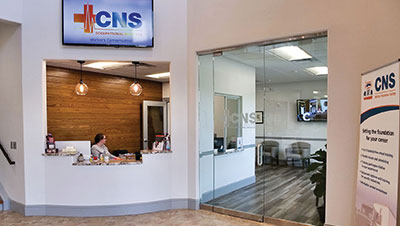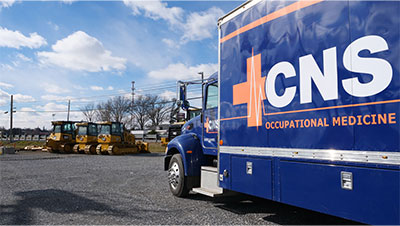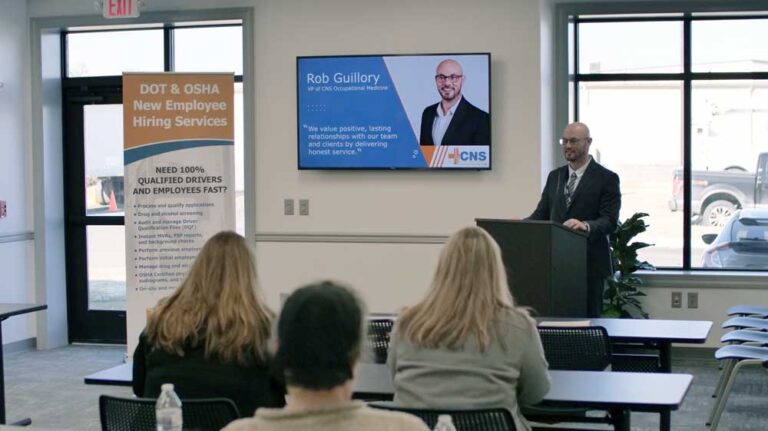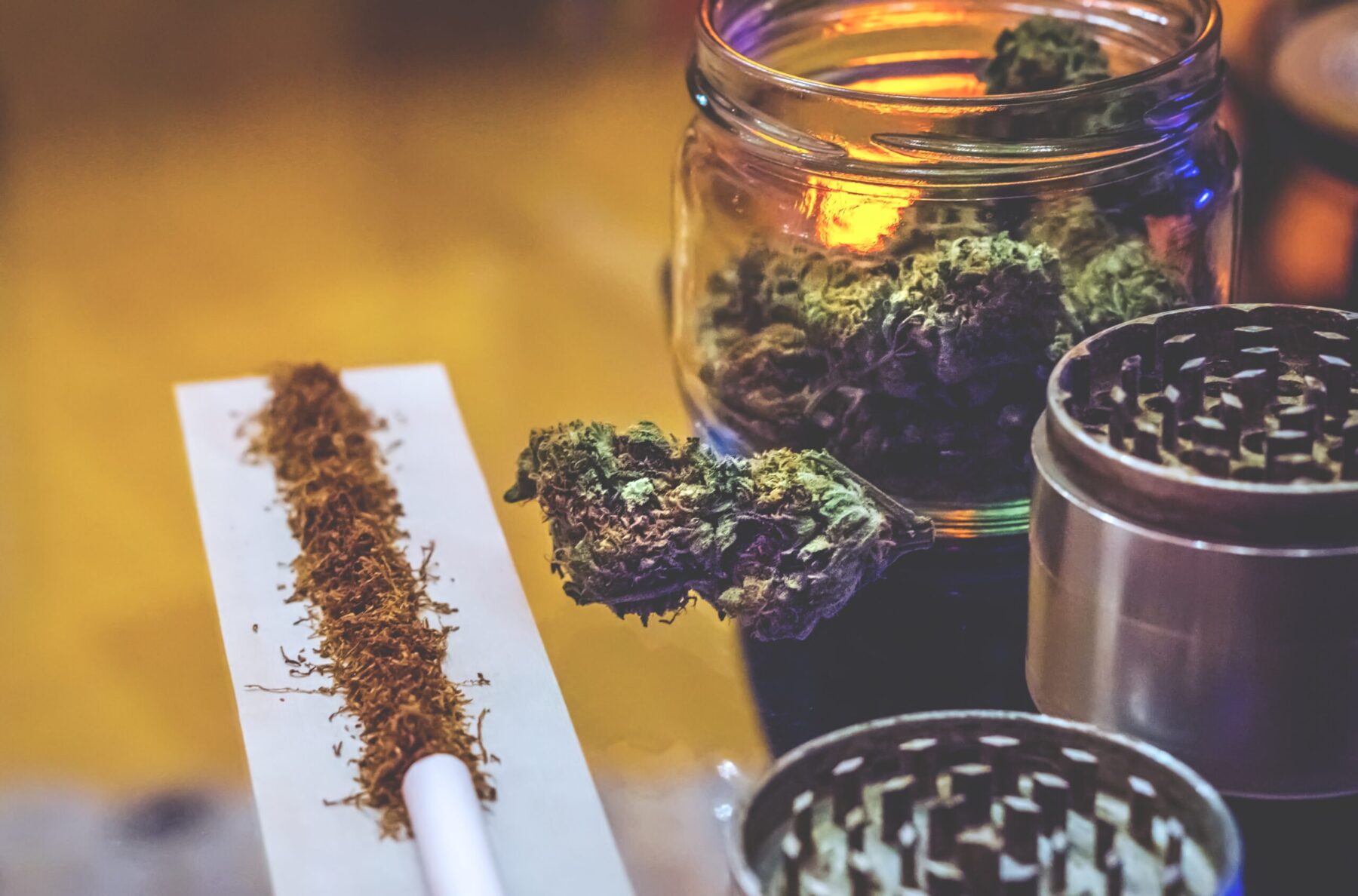To ensure compliance with the new state laws, employers should review their existing drug testing policies as they relate to the use, possession, and testing of marijuana.
There have been a lot of changes from one state to another on recreational marijuana use, which will now be legal in 21 states after voters passed measures in Maryland and Missouri. But, recreational use was not expanded in three other states, including South Dakota, Arkansas, and North Dakota.
Pennsylvania, where there has been debate and hearings about legalization, is likely to end its legislative session this month without action.
So, what should employers know about the recent legalization and when will the laws become active?
Here are some other related articles to explore:
- How does Bidens’ Pardon of ‘Simple Marijuana’ Offenses affect Employers?
- Marijuana Consumers 22% More Likely to be Hospitalized or Receive Emergency Care
- What is the MORE Act and what happens if marijuana is removed as a Schedule 1 drug?
- Philadelphia Bans Pre-Hire Marijuana Testing Starting January 1, 2022
- What To Know About DOT Medical Cards and Non-CDL Driver Marijuana Use
Maryland: Legalize recreational marijuana
Maryland’s referendum passed easily, with nearly two-thirds of voters in favor. Starting July 1, 2023, personal possession of up to 1.5 ounces of marijuana for adults 21 and older will become legal.
However, possession of more than 1.5 ounces will face fines and penalties:
- 1.5 to 2.5 ounces will be punishable by a civil fine of up to $250
- More than 2.5 ounces will be punishable by up to six months in jail or a fine of up to $1,000
Maryland’s medical marijuana program remains open with medical marijuana cards. But, until July, recreational marijuana remains illegal, though decriminalized in the state.
Additionally, recreational sales will not be immediately available in Maryland as lawmakers have not yet established a framework for retail sales to begin. This may be discussed during the next General Assembly session in January.
For employers, it is also important to note that the companion bill passed in the spring included a provision to automatically expunge all cases in which possession of cannabis was the only charge. The provision also allows individuals incarcerated for cannabis possession to petition for resentencing.
Missouri: Legalize recreational marijuana
In a more conservative state, Missouri received 53 percent of the vote in favor of the measure. This measure amends the Missouri constitution to remove state prohibitions on purchasing, possessing, consuming, using, delivering, manufacturing, and selling marijuana for personal use for adults over the age of 21.
The amendment also allows persons with certain non-violent marijuana-related offenses to petition for release from incarceration or parole and probation and have records expunged.
The changes will go into effect on December 8, 2022.
There are also some important medical marijuana changes that are significant for employers on employee protections.
The Amendment prohibits discrimination against a person in hiring or any term or condition of employment if the discrimination is based on:
- “[t]he person’s status as a qualifying patient or primary caregiver who has a valid identification card, including the person’s legal use of a lawful marijuana product off the employer’s premises during nonworking hours”; or
- “[a] positive drug test for marijuana components or metabolites of a person who has a valid qualifying patient identification card,” unless the individual is excepted from coverage under an enumerated exception.
Additionally, the Amendment provides that the employment protections do not apply to “an employee in a position in which legal use of a lawful marijuana product affects in any manner a person’s ability to perform job-related employment responsibilities or the safety of others, or conflicts with a bona fide occupational qualification that is reasonably related to the person’s employment.”
When it comes to recreational marijuana:
- Employers may still prohibit marijuana use or possession in the workplace or on the employer’s property.
- Employersmay prohibit and take adverse action against employees for working while under the influence of marijuana.
- Individuals are prohibited from operating any motor vehicle or other motorized form of transport while under the influence of marijuana.
CNS Occupational Medicine can help with customized policy development
Drug testing policies can be complicated and should consider:
- Purpose of the Policy
- Specimen Types
- Testing Procedures
- Prescription Drug Disclosure
- Federal Regulations (DOT)
- State Drug Testing Laws and Marijuana Laws
- Workers’ Compensation
- ADA
- Prohibited Conduct
- Consequences
Our Occupational Medicine Team can develop a custom workplace safety plan for your company. You may need a combination of services like physicals, COVID-19 testing, and drug testing, and you may also need these services performed on-site.
For more information, contact us at 800.551.9816 or info@cnsoccmed.com.










